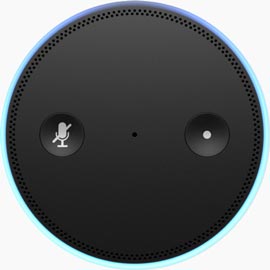
#77 - Considerations for Providing Concussion Care to Older Adults
Older adults are different from their younger counterparts in how they present and they have unique needs.
Here are some important considerations when providing concussion care to older adults:
They tend to have more chronic health conditions. In fact, 65% of older adults have multiple chronic health conditions such as heart disease, hypertension, stroke, asthma, COPD, cancer, diabetes, and arthritis.
They also have more functional limitations. In 2018, approximately 22% of the population aged 65 and older reported having a disability.
They tend to have more vague or non-specific symptoms such as changes in appetite or mood, self-neglect, and incontinence in some cases.
They have a tendency to under-report symptoms, whether it be due to past bad experiences, fear of creating a burden, denial, or fear of being institutionalized.
This population may also have more mental health concerns. In fact, 1 in 4 older adults experience a behavioral health problem such as depression, anxiety, or substance abuse.
Learn more about providing concussion care to older adults and seniors in this online guide.
OTHER FLASH BRIEFINGS YOU MIGHT FIND HELPFUL:

